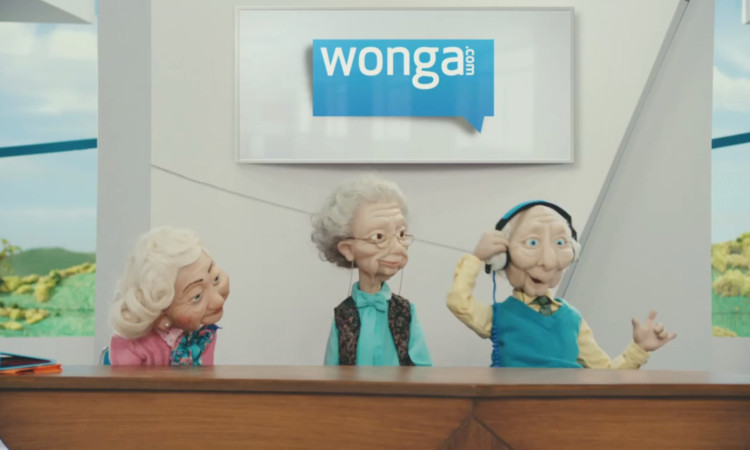Payday lenders are essentially “grooming” the next generation of borrowers and should be banned from advertising on children’s television channels, a consumer finance expert has told MPs.
Martin Lewis, the founder of MoneySavingExpert.com, said one in three people with youngsters under the age of 10 reported that their children could repeat payday loan ad slogans.
Mr Lewis told the Commons Business, Innovation and Skills Select Committee: “I think we are in danger of grooming a new generation towards this type of borrowing. And if you think we’ve got problems now you wait until 10 years’ time.
“Grooming is the right term. We’re talking about a market that didn’t exist five years ago, and you’ve had people in arguing that this is how people like to use it. They’ve created the demand, they’ve created the operational structure, and now they’re saying it’s what people want. It’s deliberately contrived and controlled.”
He said new data from MoneySavingExpert.com found 14% of those surveyed reported being “nagged” by their under 10-year-olds to get a payday loan to pay for something they had refused to buy.
He told MPs: “We have normalised this. This niche lending of last resort has been normalised to a mainstream form of credit by the use of advertising.”
In a statement following his appearance before the select committee, Mr Lewis said: “The payday loan industry insists it is not targeting children, but our research shows that kids are being dazzled by catchy tunes and cute puppets.
“That’s why I’m calling on the Government and the Financial Conduct Authority (FCA) to intervene to restrict the nature of the ads and impose an outright ban from them appearing on kids’ TV.”
Asked if there should be restrictions on advertising by payday lenders, Citizens Advice chief executive Gillian Guy said: “To be honest it reminds me of the old days of cigarette advertising where it was all very sexy and a good thing to be doing, and we didn’t worry about health warnings.
“There’s no health warnings on these adverts. There’s nothing about the dangers that they could present, or indeed that they are not the solution to all things and there might be some other way out of a debt situation rather than more debt.”
Their comments came after MPs grilled representatives from Wonga, QuickQuid and Mr Lender as well as trade bodies about their business practices.
The industry faces a clampdown by regulators after charities accused lenders’ behaviour of being out of control.
A recent investigation by the Office of Fair Trading (OFT) found that some firms’ business models appear to be based around people who cannot afford to pay their loans back on time, meaning they are forced to roll them over and the original cost balloons.
Payday lenders insisted their affordability checks are similar to those used by credit card companies as they answered for their boasts of being able to make cash available to borrowers within minutes.
Henry Raine, head of regulatory and public affairs at Wonga, said his company did “everything we can to lessen the effect of bad debt.”
Asked if he thought Wonga’s charges are extortionate, he said: “No, of course we don’t accept that… With Wonga the first thing you see on the website is the amount it’s going to cost you. You choose how much to borrow, and for how long.
“The product is actually used moderately by most people.”
Mr Raine said Wonga’s average loan is for £174 borrowed over 17 days and people are given reminders, including texts to tell them when the loan is due for repayment and telephone numbers to contact if they are having financial difficulty.
The committee hearing pre-empts the transferral of regulatory powers in the consumer credit market from the OFT to the FCA. The new body, which came into being in April, has promised to strengthen protection for consumers.
To do so, it has been equipped with the power to impose unlimited fines and compel businesses to give people their money back when they have lost out due to poor treatment.
New curbs proposed by the body last month will force lenders to place “risk warnings” on their promotions and advertising, urging consumers to “think” before taking out a payday loan.
New curbs proposed by the FCA will force lenders to place “risk warnings” on their promotions and advertising, urging consumers to “think” before taking on a payday loan. The watchdog has powers to ban adverts if it thinks they are misleading.
Lenders will be allowed to roll over a loan only twice and they will be able to make only two unsuccessful attempts to claw money back out of someone’s bank account under the proposed new rules, which are intended to come into force next year.
The whole industry is under investigation by the Competition Commission, which will produce a report next year.
